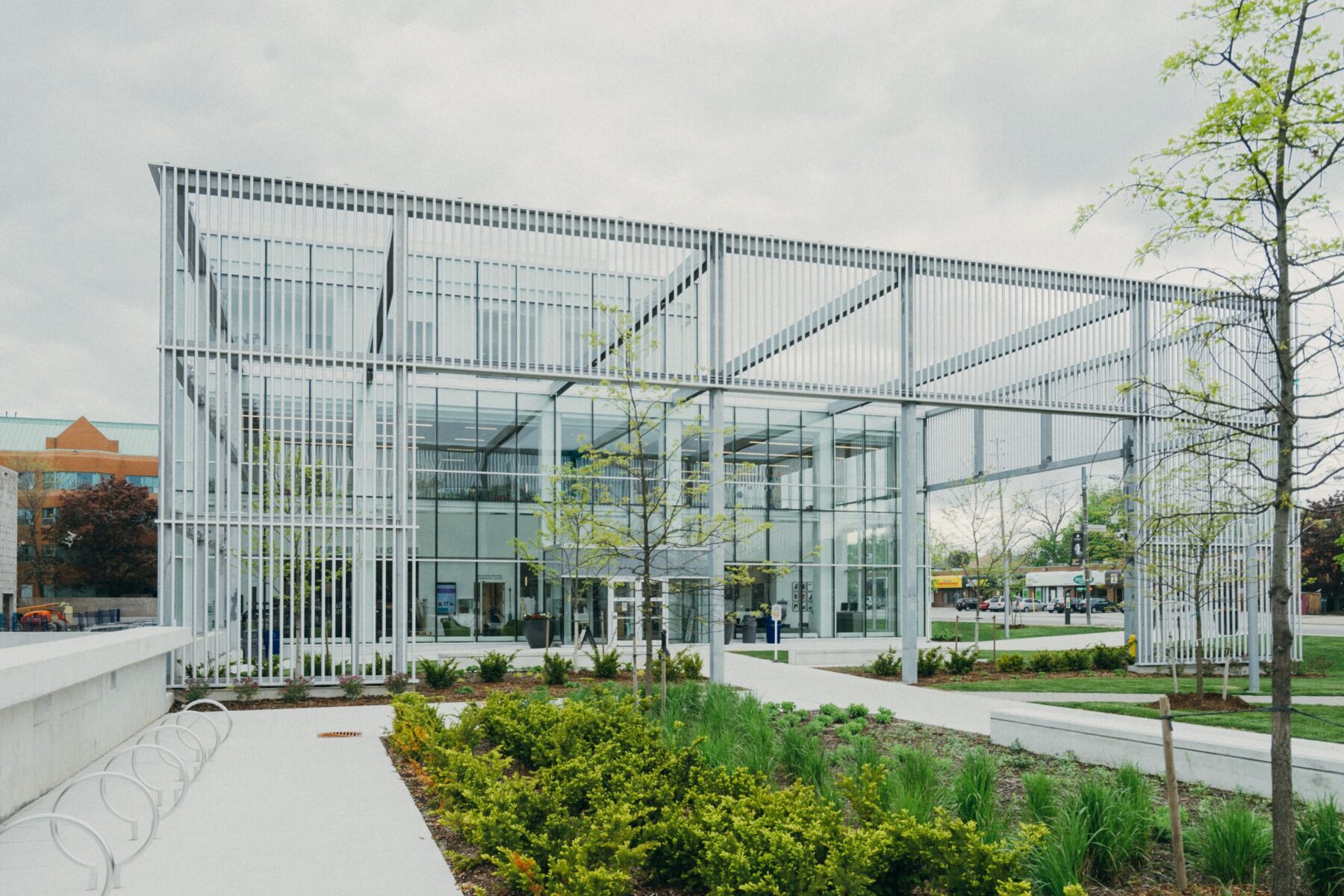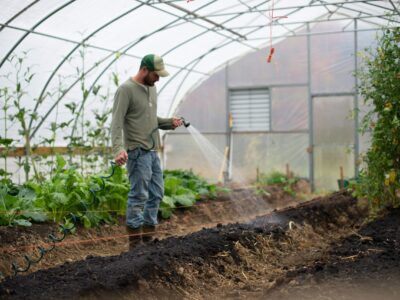As school closings have forced most classes to transition to a virtual format, some non-traditional education programs have found innovative ways to adapt.
For a handful of students at the Dorchester County Career and Technology Center in South Carolina, the ideal learning environment is outdoors rather than online. Instead of a school day that begins by logging onto a computer, the students work outside in a half-acre field to harvest produce, making $8 an hour.
After planting nearly 10,000 pounds of onions earlier this year, the young farmhands are now harvesting and selling their crops at $1 per pound. The proceeds will go to the school’s agricultural program, and any leftover produce will be donated to a local food bank. The students are getting a hands-on education in every aspect of food production, knowledge that’s perhaps both valuable and timely during a global pandemic.
“If you plant something, know how to grow it out so you can sustain yourself,” says school principal Bobby Behr. “If they understand where it comes from and how to grow it, they can make it on their own.”
Hiring the students as farmhands not only saved this season’s crops, but it gives kids a unique—and possibly lucrative—learning experience. Agriculture is a $42 billion industry in South Carolina, and many companies rely on innovative vocational programs, such as the one at Dorchester County Career and Technology Center, to train aspiring farming professionals.
South Carolina has a rich agricultural history dating back to the earliest European settlers. In the generations since, the farming industry has had economic ups and downs but has remained a bedrock of the state economy. In the middle part of the 20th century through the early 1970s, agriculture employed more South Carolinians than any other business sector.
Today, South Carolina has approximately 25,000 farms covering 4.9 million acres of land. The state’s top crops include cattle, cotton, corn, peanuts, eggs and wheat. Specialty products such as pecans, peanuts, sauces, jams and jellies also dominate the market.
Perhaps as a testament to its strong agricultural tradition, South Carolina has developed a special “Certified SC Grown” label for products grown in the state. The label promotes state crops and provides a helpful distinction for consumers who want to buy local.
As for the student farmhands, they’re well-prepared to step into an agricultural career in their home state. According to Behr, “they have a great work ethic. These kids work.”





